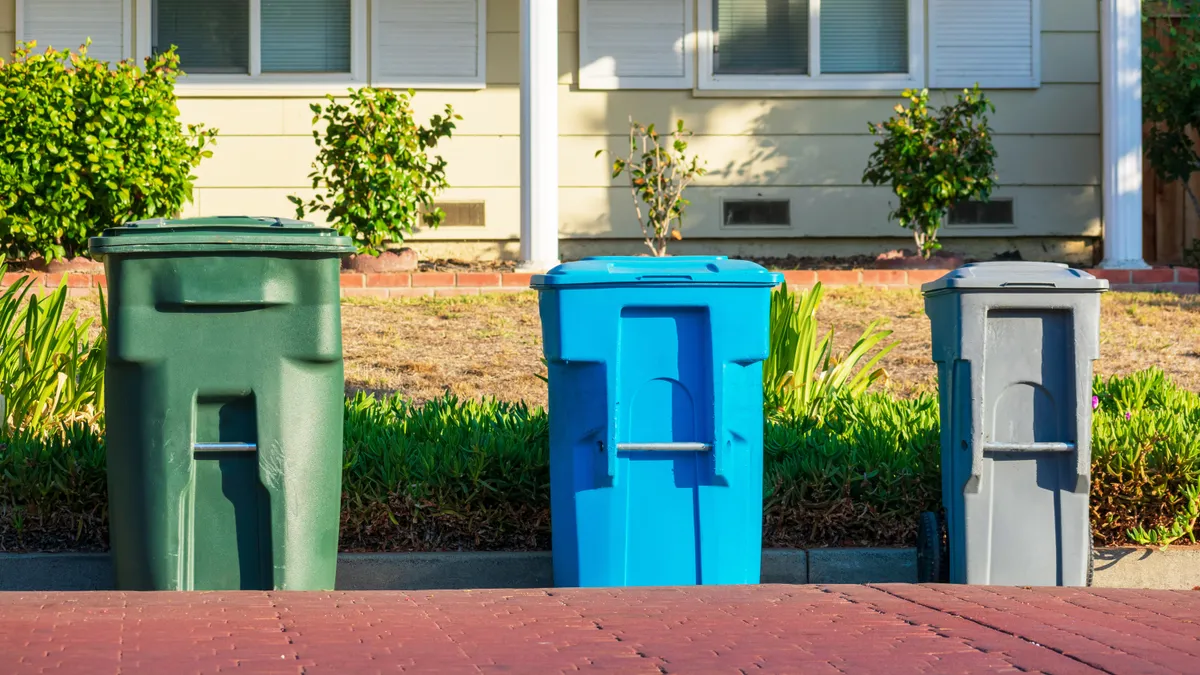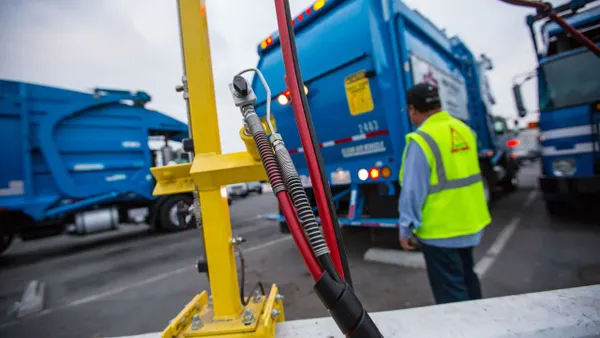Jessica Bowman is executive director at the Plant Based Products Council (PBPC), a business membership organization launched in 2019.
These days the term “plant-based” is everywhere. Walk into any grocery store and you’ll be greeted with a host of plant-based products beyond just food alternatives. Everyday items like foodservice ware, cosmetics and even household cleaners are increasingly being made from renewable materials.
Consumer demand for more sustainable products is driving many of these market changes, but in order for them to fully contribute to a circular economy, our nation’s waste management infrastructure needs a major overhaul.
First, it’s important to define what “plant-based products” actually are. Designed to provide more sustainable offerings in the marketplace, plant-based products use renewable inputs like hemp, soy or algae to create alternatives to traditional products that are often made from fossil fuels. These innovations are critical in helping end our reliance on petroleum-based plastics, reducing our carbon footprint and supporting a more circular economy.
Another important sustainable aspect of plant-based products is their end-of-life options. Some plant-based products can serve as identical alternatives for commonly recycled petroleum-based products. Others are compostable in commercial composting facilities and, when used in food packaging, present an opportunity to help divert food waste from disposal, while also helping keep food waste from contaminating the recycling stream.
In landfills, food waste is a significant contributor to methane emissions, causing landfills to be the third-largest source of anthropogenic methane emissions. In fact, their emissions have an approximately equivalent impact to over 21 million passenger vehicles being driven for one year. Furthermore, compostable food packaging helps keep food waste from contaminating the recycling stream.
Imagine a greener future based on the use of renewable inputs to make everyday products. As it turns out, consumers want to live in that world.
Recently, PBPC conducted its second annual consumer research study on the topic. Polling a nationally representative sample of more than 1,000 Americans helped us learn more about consumer attitudes toward plant-based products and the role they play in influencing shopping behaviors and perception. We found that 57% of consumers in the U.S. reported using plant-based products at least once a week, up from 53% in 2020, and 65% of consumers reported they at least sometimes think about products made from plants when making purchasing decisions.
These attitudes go beyond the products available on store shelves – more than six in 10 consumers polled said they are more interested in businesses producing or using plant-based products. Shoppers are invested in the idea of making sustainable choices with their purchasing power, and they are making a conscious effort to use greener products.
To capitalize on this trend, more and more companies are committing to produce plant-based, compostable and recyclable products. But policy and infrastructure is needed to support these efforts.
Many regions of the U.S., especially in rural America, can be classified as "compost deserts." So even as more people in the U.S. have access to compostable, plant-based products and have the drive to buy and dispose of them properly, they don’t have access to composting programs.
While legislation has been introduced in Congress to address this issue, including the Cultivating Organic Matter through the Promotion of Sustainable Techniques (COMPOST) Act, it is critical that further investments are made for the expansion of large-scale composting facilities in communities across the country.
Innovative and responsible waste solutions like composting serve as an opportunity to address key environmental challenges. The consumer demand and need is very much there – and we should all be working to expand our country’s waste management infrastructure to make the most of this growing movement.
Contributed pieces do not reflect an editorial position by Waste Dive.
Do you have an opinion on this issue, or other topics we cover? Submit an op-ed.










